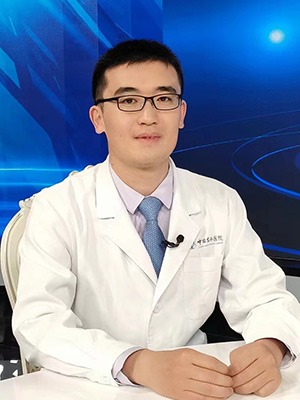How to manage high blood pressure in the elderly
In general, high blood pressure in the elderly may be caused by factors such as aging, high levels of mental stress, primary hyperaldosteronism, chronic kidney disease, and atherosclerosis. If any of these conditions are present, it is recommended to seek care at a正规 hospital and receive treatment under the guidance of a physician, including general management and medication therapy. Specific explanations are as follows:
1. Aging
With advancing age, blood vessel walls gradually lose elasticity. The media layer of large arteries shows reduced elastic fibers and increased collagen fibers, leading to decreased vascular compliance and impaired blood pressure regulation, which may result in elevated blood pressure. It is important to maintain a balanced diet, emphasizing low-salt and low-fat foods.
2. High Mental Stress
Prolonged mental tension, anxiety, depression, and other negative emotions can affect blood pressure regulation through the nervous system, potentially causing high blood pressure in the elderly. Daily life should focus on maintaining a healthy mindset and learning techniques to relax and manage emotions effectively.
3. Primary Hyperaldosteronism
Primary hyperaldosteronism is an endocrine disorder caused by excessive autonomous production of aldosterone by the adrenal cortex. Over-secretion of this hormone leads to sodium and water retention in the body and increased potassium excretion, which may cause elevated blood pressure in older adults. This condition is often accompanied by symptoms such as dizziness and headache. Patients should follow medical advice and use medications such as compound amiloride hydrochloride tablets, methimazole tablets, and propranolol hydrochloride tablets for treatment.
4. Chronic Kidney Disease
Chronic kidney disease may be triggered by factors such as low immunity or genetic predisposition, which can lead to increased blood volume and subsequently elevated blood pressure. Symptoms may include proteinuria, edema, and abnormal kidney function. Under a doctor's guidance, patients may use medications such as Huangkui capsules, Shenfukang capsules, and piperazine ferulate tablets for treatment.
5. Atherosclerosis
Atherosclerosis may result from factors such as genetic predisposition and insufficient physical activity, leading to lipid deposition in the vessel walls, plaque formation, vessel narrowing, and increased blood flow resistance, which may contribute to high blood pressure in the elderly. Common accompanying symptoms include chest pain, dizziness, and limb numbness. Under medical supervision, patients may take medications such as enteric-coated aspirin tablets, clopidogrel hydrogen sulfate tablets, and warfarin sodium tablets for treatment.
Daily sleep should be maintained at 7–9 hours to help stabilize blood pressure. Avoid staying up late and develop good sleep habits.





